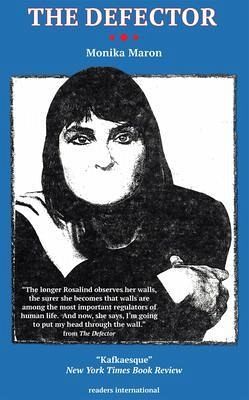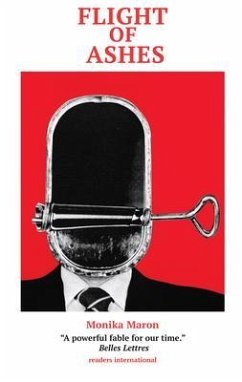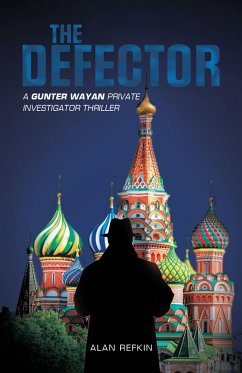
The Defector (eBook, ePUB)

PAYBACK Punkte
3 °P sammeln!
Monika Maron, the great German writer still today at the forefront of her creative generation, saw her country East Germany disappear in civil unrest, departures and finally the fall of the Berlin Wall.Ever conscious of the theatre of the mind and the powerful forces East and West that would limit a writer's imagination, Maron in this novel looks inside Rosalind Polkowski, her semi-autobiographical heroine, exploring the freedom to be found within.Deeply psychological and always engaging, Monika Maron is an important European feminist voice, giving us an intimate view of a key moment in modern...
Monika Maron, the great German writer still today at the forefront of her creative generation, saw her country East Germany disappear in civil unrest, departures and finally the fall of the Berlin Wall.
Ever conscious of the theatre of the mind and the powerful forces East and West that would limit a writer's imagination, Maron in this novel looks inside Rosalind Polkowski, her semi-autobiographical heroine, exploring the freedom to be found within.
Deeply psychological and always engaging, Monika Maron is an important European feminist voice, giving us an intimate view of a key moment in modern German history.
Ever conscious of the theatre of the mind and the powerful forces East and West that would limit a writer's imagination, Maron in this novel looks inside Rosalind Polkowski, her semi-autobiographical heroine, exploring the freedom to be found within.
Deeply psychological and always engaging, Monika Maron is an important European feminist voice, giving us an intimate view of a key moment in modern German history.
Dieser Download kann aus rechtlichen Gründen nur mit Rechnungsadresse in A, D ausgeliefert werden.













